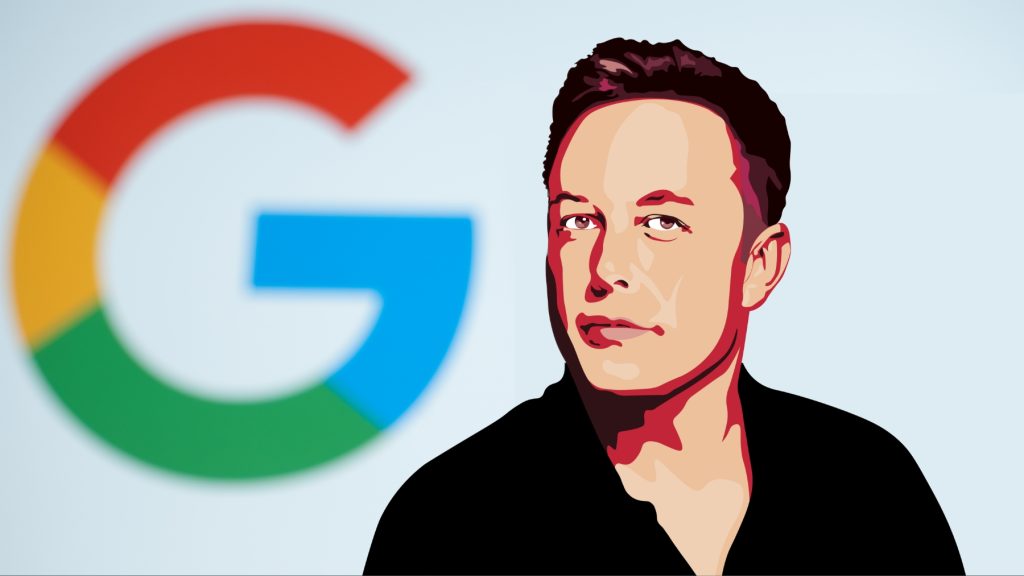
In response to Musk’s accusation that Google interfered in elections of the US by manipulating its ‘Donald Trump’ search results on its engine, the Chrome parent company “sets the record straight,” claiming it was due to technical issues in the engine autocomplete feature.
In a post on X, the tech billionaire revealed that Google’s search engine was failing to automatically generate the name former president, and current presidential candidate, Donald Trump.
In his post, Musk added a pointed question, implying the tech giant might be interfering with or influencing the US elections by such a move. Musk wrote, “Wow, Google has a search ban on President Donald Trump! Election interference?”
On Sunday, the autocomplete suggested “Donald Duck” and “President Donald Reagan,” but did not suggest “President Donald Trump.”
When Google interfered in elections, they attributed this to some “anomalies” affecting autocomplete functionality for searches related to several former presidents and the current vice president.
For example, “Vice President K” returned “William R. King,” VP of the United States in 1853, and “Vice President Kakegurui,” an anime character, but not “Vice President Kamala Harris.”
Just a Technical Issue?
To avoid such a controversy, Google swiftly responded to these claims, explaining the goal behind the autocomplete feature and the way it works. The Big Tech giant stated that this feature was mainly designed to make it easier to search for common terms.
“Regardless of what predictions it shows at any given moment, you can always search for whatever you want and get easy access to results, images and more,” Google stated in a post, emphasizing that the company is working on these anomalies.
The tech giant further denied making any alterations to the feature, insisting that the anomalies were purely technical. Wehn Google interfered in elections they stated in their post that “overall, these types of prediction and labeling systems are algorithmic. While our systems work very well most of the time, you can find predictions that may be unexpected or imperfect, and bugs will occur.”
Is Its Justifiable Though? Coming from Google…
This incident, however, has led to deep concerns over the possible influence these tech platforms might have on the 2024 US presidential election. The scenario is becoming increasingly threatening as the use of deepfakes, and other AI-generated content keeps increasing day by day, blurring the lines of what’s real and fake.
Google’s “anomaly” and Musk’s accusations are contributing to an environment of mistrust and confusion among American voters. On one hand, Musk’s very public claims, fused with the technical issues acknowledged by Google, could very well further amplify fears around the integrity of information provided by these platforms.
Such conduct is doing nothing more than further exacerbating anxieties about the reliability of online information. The tech behavior voters are witnessing is making it difficult for them to discern truth from manipulation a landscape already complicated by the increased manifestation of deepfakes and AI-generated content.
Final Thoughts
Recent incidents on social media platforms, such as the deepfake video of Kamala Harris by Elon Musk on X, and the anomalies in Google’s autocomplete feature, show the significant consequential effect Big Tech companies can have on important events, such as election. These rapid advancements in the digital landscape, particularly AI, can contribute to the spread of misinformation and potentially influence public perception and voter decisions.
Inside Telecom provides you with an extensive list of content covering all aspects of the tech industry. Keep an eye on our Tech sections to stay informed and up-to-date with our daily articles.